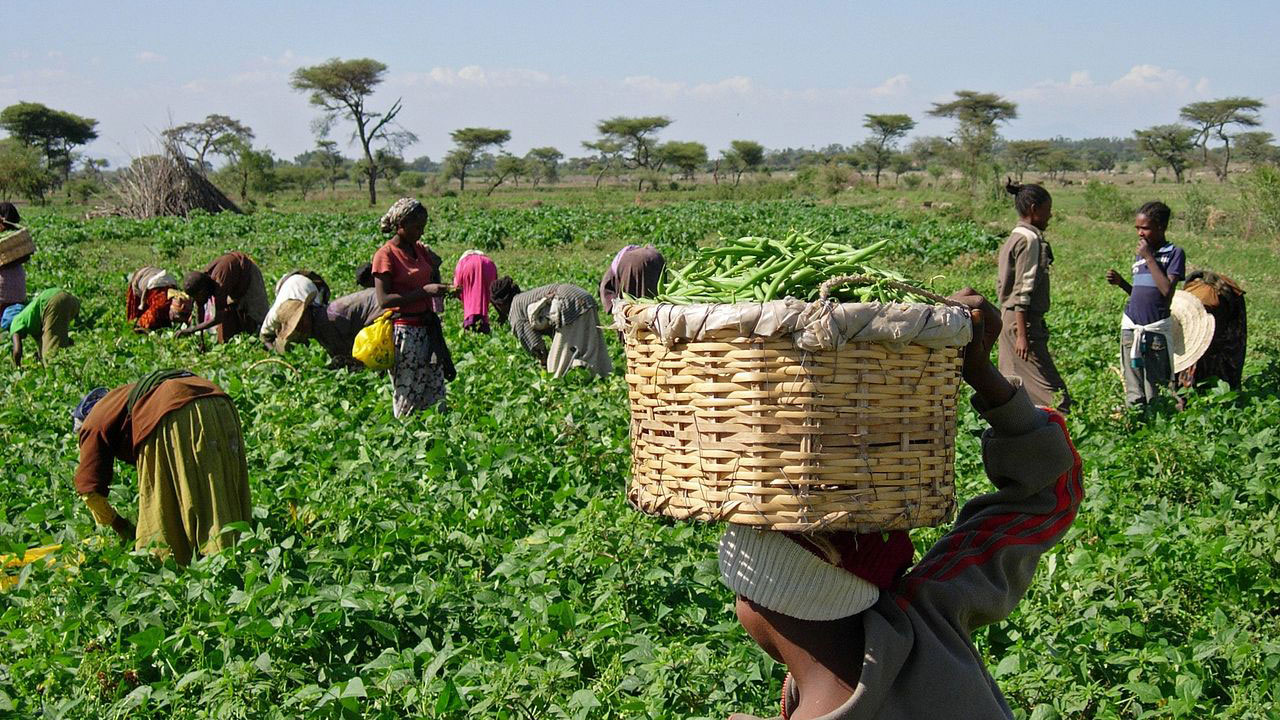
Some Organic Agriculture experts have called on the Federal Government and private sector to have a proper policy that will regulate the use of the word `organic’ in farming to avoid adulteration.
The experts made the call at the closing ceremony of the 2020 National Organic Agriculture Business Summit in Uyo, Akwa-Ibom, with the theme, “Harnessing the Potential of Organic Agriculture for National Development’’.
Dr Olugbenga AdeOluwa, the National Coordinator, Ecological Organic Agriculture (EOA) Initiative in Nigeria said there is the need to have a proper policy in Nigeria, specifically for organic agriculture in a holistic manner.
“The use of the word ‘organic’ has to be regulated in the country in order to prevent adulteration of organic produce and products.
“It is until Nigeria has a specific policy in Organic Agriculture that the country can be said to be serious with organic agriculture’’.
Prof. Raymond Auerbach of Nelson Mandela University, South Africa, said that Africa could be a big hub for organic agriculture if all stakeholders with national influence in the system played their roles.
He said that such roles would go a long way to support the decision of governments to incorporate organic agriculture into every facet of life in Africa.
Auerbach said that people were becoming conscious of their health and that organic products were contributing daily to both human and community health.
“It is, therefore, time for Africa to consider organic farming as an important aspect of agriculture,’’ he advised.
Louise Luttikholt, the Executive Director, International Federation of Organic Agriculture Movements (IFOAM), said that the organic sector was growing and the world needed more of it.
“There is too much at stake and it makes sense to support organic agriculture as it contributes in many ways to the welfare of society and to achieving the Sustainable Development Goals (SDGs).’’
Luttikholt described organic agriculture practice is an infant economic sector with strong consumer demand and market potential.
“Recognising this, governments should support all initiated policies, programmes and guidelines in the organic sector.
“The role of the government in the organic sector should primarily be that of an enabler and, only secondarily, that of a controller.
“In other words, setting up a government organic regulation without supporting measures to promote organic development is like putting the cart before the horse,’’ she warned.

